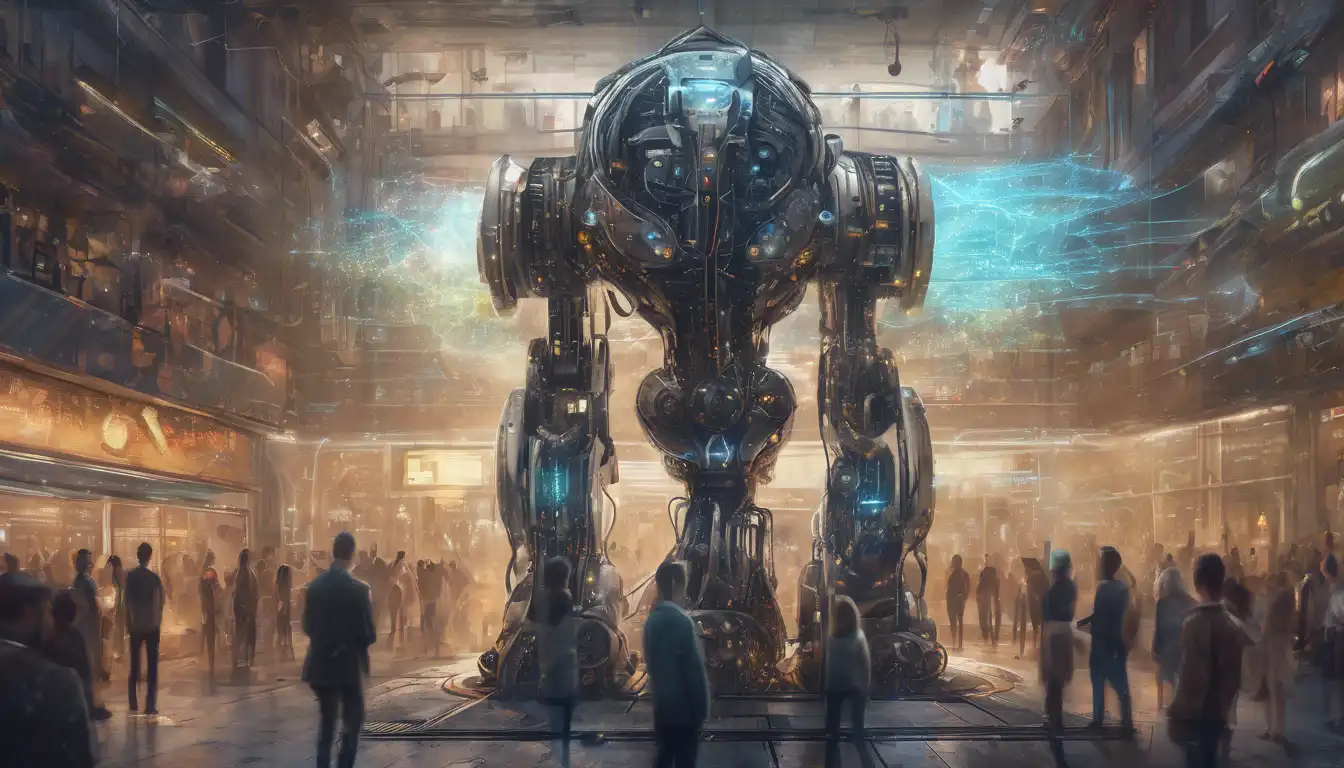How Machine Learning is Revolutionizing Recommendation Systems
In the digital age, recommendation systems have become a cornerstone of user experience across various platforms. From streaming services to e-commerce websites, these systems help users discover content and products tailored to their preferences. At the heart of this technological advancement is machine learning, a subset of artificial intelligence that enables computers to learn from and make decisions based on data.
Understanding the Basics of Machine Learning in Recommendations
Machine learning algorithms analyze vast amounts of data to identify patterns and predict user preferences. This process involves several steps, including data collection, model training, and prediction. By leveraging historical data, these algorithms can forecast future behavior with remarkable accuracy.
Types of Machine Learning Models Used in Recommendations
- Collaborative Filtering: This model recommends items based on the preferences of similar users.
- Content-Based Filtering: Recommendations are made by comparing the content of items to a user's past preferences.
- Hybrid Models: Combining collaborative and content-based filtering for more accurate recommendations.
The Impact of Machine Learning on User Experience
Machine learning has significantly improved the accuracy and personalization of recommendations. This not only enhances user satisfaction but also increases engagement and retention rates for platforms. For instance, streaming services like Netflix and Spotify use machine learning to curate personalized playlists and movie suggestions, making content discovery seamless and enjoyable.
Challenges and Future Directions
Despite its successes, machine learning in recommendation systems faces challenges such as data privacy concerns and the cold start problem for new users. However, ongoing advancements in AI and data science are paving the way for more sophisticated solutions. Future developments may include the integration of deep learning techniques for even more personalized recommendations.
In conclusion, machine learning is at the forefront of powering modern recommendation systems. Its ability to analyze and learn from data has transformed how users interact with digital platforms, offering a more personalized and engaging experience. As technology evolves, we can expect these systems to become even more intuitive and effective.
